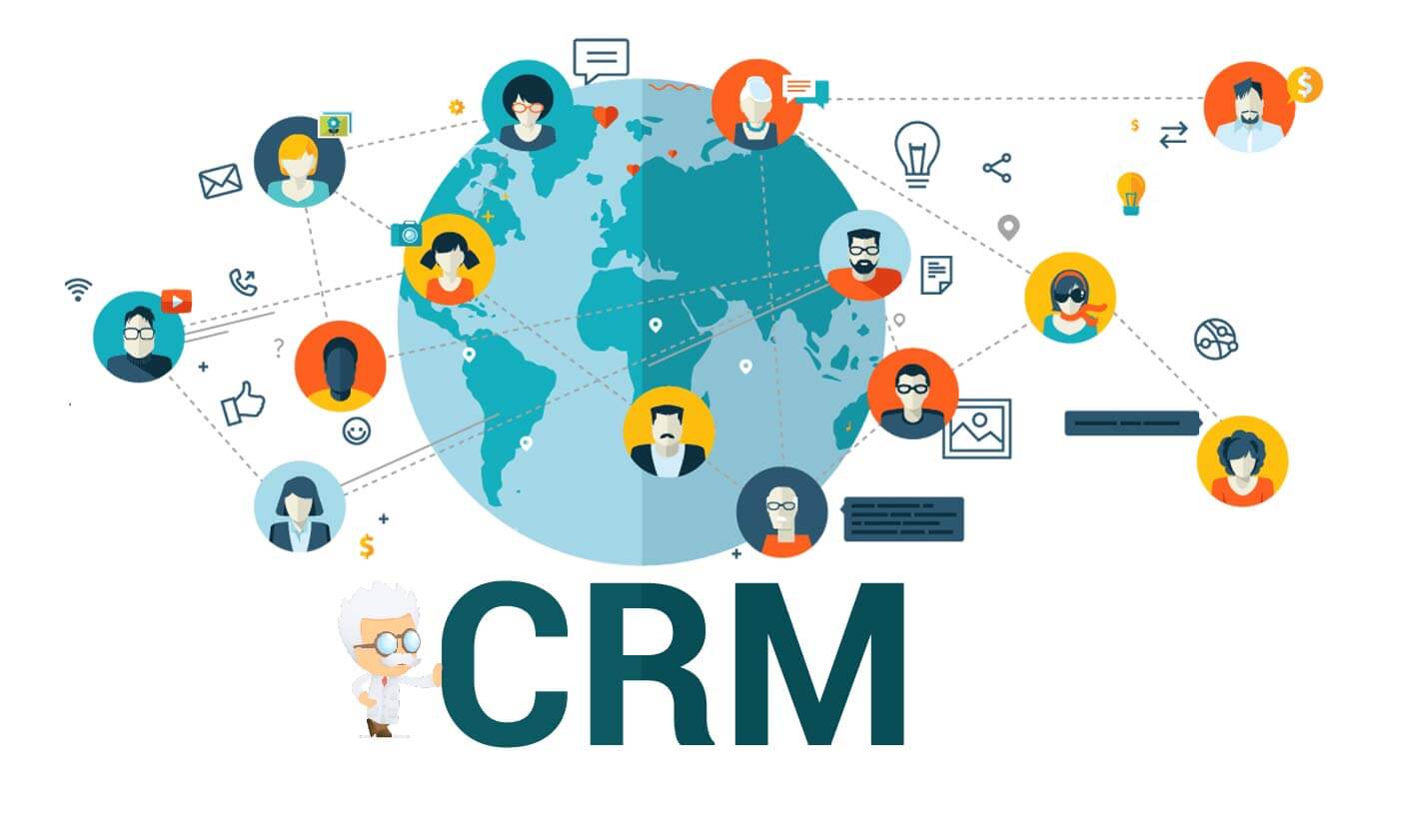Customer Data Analytics Through CRM Smarter Business Decisions
Customer data analytics is no longer a luxury—it’s a necessity. With smart CRM systems, businesses can make precise marketing and business decisions based on real customer behavior, not guesswork.

In today’s competitive market, it’s not enough to be close to your customer—you need to understand them deeply. That’s where customer data analytics comes in, helping businesses uncover behavioral patterns, analyze preferences, and anticipate needs before they’re even expressed.
In this article, we’ll explore how CRM-based customer analytics can transform your business from intuition-led decisions to a fully data-driven strategy.
What Is Customer Data Analytics and Why Does It Matter?
Customer data analytics is the process of collecting, organizing, and interpreting data generated from customer interactions across various channels—such as sales, support, websites, and social media. The goal is to derive insights that improve customer experience, guide marketing strategies, and drive loyalty and revenue.
The value of customer analytics lies in its ability to turn raw numbers into actionable understanding of behavior, such as:
- Which products do customers prefer?
- When do they engage most with promotions?
- What causes them to stop buying?
- How can marketing messages be better tailored?
When done right, this analysis empowers businesses to make smarter and more effective decisions, enhancing competitiveness and building stronger, long-term customer relationships.
How CRM Systems Collect and Organize Customer Data
Customer Relationship Management (CRM) systems play a crucial role in collecting and organizing customer data from various interaction points. These systems act as a central hub, consolidating data from marketing channels, sales teams, customer service, and websites.
Key ways CRM organizes data:
- Automatically integrates data from contact forms, emails, phone calls, and chat conversations.
- Segments customers based on interests, purchase behavior, location, and campaign engagement.
- Tracks complete customer history, including past purchases, support tickets, and inquiries.
- Connects data across departments, offering a unified customer profile in one place.
This structure enables businesses to quickly access accurate customer insights, personalize services, improve response times, and run more effective campaigns.
Benefits of Customer Data Analytics in Marketing and Business Decision-Making
When a business has accurate, organized customer data, its marketing and business decisions become more precise and impactful. Customer analytics through CRM systems provides deep insights that enable:
- Accurately identifying target audiences based on behavior and preferences
- Improving marketing campaign performance through data-backed evaluation
- Developing more relevant products and services based on customer feedback
- Increasing customer satisfaction and loyalty through personalization
- Boosting sales and reducing costs by focusing resources on high-impact efforts
Customer analytics empowers businesses to transform data into actionable strategies, driving growth and supporting smarter decision-making.
Real-World Examples of Using CRM Analytics to Increase Revenue
Customer data analytics isn’t just for improving operations—it has a direct, measurable impact on revenue growth. Here are practical examples of how CRM analytics contributes to financial performance:
- Enhancing cross-selling and upselling strategies: By analyzing product pairing patterns, businesses can suggest personalized offers that raise the average order value.
- Identifying high-value customers: Targeting segments that bring the most revenue helps focus marketing efforts for higher retention and repeat purchases.
- Proactively re-engaging inactive customers: By tracking declines in activity or purchases, businesses can intervene with offers or personalized outreach to win them back.
- Improving customer experience: Personalizing communication and services based on data boosts satisfaction, which often leads to higher conversion rates.
- Forecasting future trends: Analyzing seasonal buying behavior and shifting preferences enables businesses to align their campaigns with emerging demands.
These examples show that CRM is not just a data tool—it’s a powerful engine for driving revenue growth.
Challenges of Customer Data Analytics and How to Overcome Them
While customer data analytics offers tremendous value, businesses often face challenges that limit the effectiveness of their efforts. Key obstacles include:
- Data fragmentation across departments: When marketing, sales, and support teams store data separately, it becomes difficult to create a unified view for analysis.
- Poor data quality: Outdated or incorrect information can lead to flawed insights and misguided decisions.
- Lack of analytical skills: Some teams may struggle to interpret data and translate it into actionable strategies.
- Privacy and compliance concerns: Analyzing customer data must adhere to regulations such as GDPR or local data protection laws.
How to Overcome These Challenges:
- Invest in systems that centralize customer data across departments.
- Maintain data hygiene by implementing regular audits and automated updates.
- Train internal teams on analytics tools or hire data professionals as needed.
- Ensure full compliance with privacy regulations and deploy strong data security measures.
By addressing these challenges effectively, organizations can unlock the full potential of customer analytics and gain a powerful edge in a data-driven market.
Conclusion
Customer data analytics through CRM is no longer a luxury—it’s a necessity for businesses that want to make smarter, reality-based decisions. Accurate data enables a deeper understanding of customer needs, more effective marketing, and personalized experiences that drive loyalty and profitability.
While challenges like fragmented data or poor quality exist, the right tools and a smart analytics strategy can turn these into growth opportunities. Ultimately, companies that leverage customer insights to guide their decisions are the ones best positioned for long-term success in today’s competitive market.

